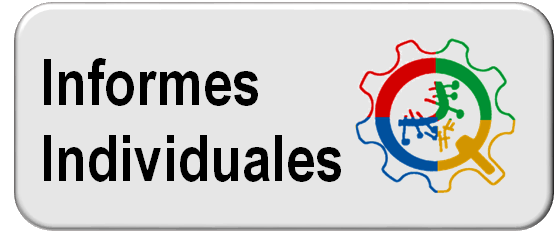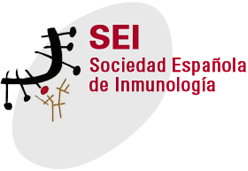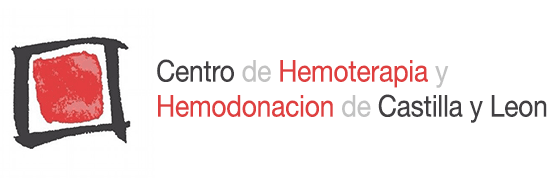Activity Modules
Moodle contains a wide range of activity modules that can be used to
build up any type of course.
 Database Activity
Database Activity
The Database module allows the teacher and/or students to build, display and search a bank of record entries about any conceivable topic. The format and structure of these entries can be almost unlimited, including images, files, URLs, numbers and text amongst other things. You may be familiar with similar technology from building Microsoft Access or Filemaker databases.
 Chats
Chats
The Chat module allows participants to have a real-time synchronous
discussion via the web. This is a useful way to get a different
understanding of each other and the topic being discussed - the mode
of using a chat room is quite different from the asynchronous forums.
The Chat module contains a number of features for managing and
reviewing chat discussions.
 Choices
Choices
A choice activity is very simple - the teacher asks a question and specifies a
choice of multiple responses. It can be useful as a quick poll to
stimulate thinking about a topic; to allow the class to vote on
a direction for the course; or to gather research consent.
 Quizzes
Quizzes
This module allows the teacher to design and set quiz tests, consisting of
multiple choice, true-false, and short answer questions. These
questions are kept in a categorised database, and can be re-used
within courses and even between courses. Quizzes can allow
multiple attempts. Each attempt is automatically marked, and the
teacher can choose whether to give feedback or to show correct answers.
This module includes grading facilities.
 Surveys
Surveys
The Survey module provides a number of verified survey instruments that
have been found useful in assessing and stimulating learning in
online environments. Teachers can use these to gather data from their
students that will help them learn about their class and reflect
on their own teaching.
 Entrada Resultados
Entrada Resultados
 Labels
Labels
This is a not a true activity - it is a "dummy" activity that allows you
to insert text and graphics among the other activities on the course page.
 Forums
Forums
This activity can be the most important - it is here that most discussion takes place.
Forums can be structured in different ways, and can include peer rating of each posting.
The postings can be viewed in a variety for formats, and can include attachments.
By subscribing to a forum, participants will receive copies of each new posting
in their email. A teacher can impose subscription on everyone if they want to.
 Glossary
Glossary
This activity allows participants to create and maintain a list of definitions, like a dictionary.
The entries can be searched or browsed in many different formats.
The glossary also allows teachers to export entries from one glossary to another (the main one) within the same course.
Finally, it is possible to automatically create links to these entries from throughout the course.
 Lesson
Lesson
A lesson delivers content in an interesting and flexible way. It consists of a
number of pages. Each page normally ends with a question and a number of
possible answers. Depending on the student's choice of answer they either
progress to the next page or are taken back to a previous page. Navigation
through the lesson can be straight forward or complex, depending largely
on the structure of the material being presented.
 Questionnaire
Questionnaire
The questionnaire module allows you to construct questionnaires (surveys) using a
variety of question types, for the purpose of gathering data from users. It is based
on phpESP, and Open Source questionnaire tool. See
http://phpesp.sourceforge.net
 QUESTOURnament
QUESTOURnament
QUESTOURnament promotes student's work, both individual and in teams.
QUESTOURnament offers the possibility of answering challenges or questions proposed by teachers or students during a period of time defined as the lifetime of a contest. Both the answers and the challenges submitted by students are assessed. These assessments are made by the teachers and by the students that have proposed challenges. The individual final score of each student will depend on these assessments. These individual scores and its evolution during the duration of the contest will be accessible at any time to the students through the contest ranking.
Assessment forms are defined both for the assessment of the challenges proposed, and of the answers submitted. These assessment forms include a set of assessment elements, with their corresponding weights, that allow to determine the score obtained.
 Resources
Resources
Resources are content: information the teacher wants to bring into the
course. These can be prepared files uploaded to the course
server; pages edited directly in Moodle; or external web pages
made to appear part of this course.
 SCORM/AICC Packages
SCORM/AICC Packages
A package is a bundle of web content packaged in a way that follows
the SCORM or the AICC standard for learning objects.
These packages can include web pages, graphics, Javascript programs,
Flash presentations and anything else that works in web browsers.
The Package module allows you to easily upload any standard SCORM or AICC
package and make it part of your course.
 Workshop
Workshop
A Workshop is a peer assessment activity with a huge array of options.
It allows participants to assess each other's projects, as well as
exemplar projects, in a number of ways. It also coordinates the
collection and distribution of these assessments in a variety of ways.
The Workshop module is contributed by Ray Kingdon.
 Assignments
Assignments
Assignments allow the teacher to specify a task that requires students
to prepare digital content (any format) and submit it by uploading it
to the server. Typical assignments include essays, projects, reports
and so on. This module includes grading facilities.
![]() Database Activity
Database Activity![]() Chats
Chats![]() Choices
Choices![]() Quizzes
Quizzes![]() Surveys
Surveys![]() Labels
Labels![]() Forums
Forums![]() Glossary
Glossary![]() Lesson
Lesson Questionnaire
Questionnaire![]() QUESTOURnament
QUESTOURnament![]() Resources
Resources![]() SCORM/AICC Packages
SCORM/AICC Packages![]() Workshop
Workshop![]() Assignments
Assignments




